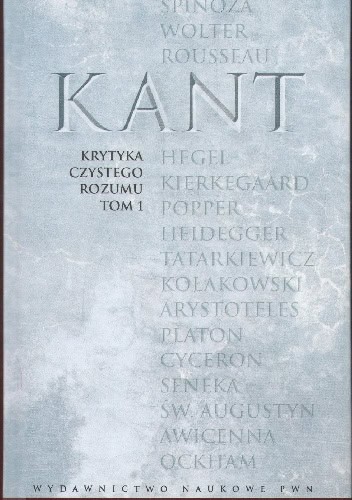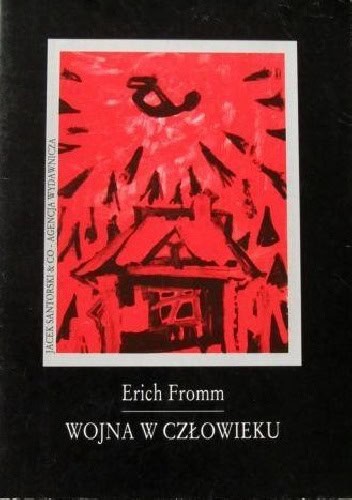Eugene Thacker – After Life

Life is one of our most basic concepts, and yet when examined directly it proves remarkably contradictory and elusive, encompassing both the broadest and the most specific phenomena. We can see this uncertainty about life in our habit of approaching it as something at once scientific and mystical, in the return of vitalisms of all types, and in the pervasive politicization of life. In short, life seems everywhere at stake and yet is nowhere the same.
In After Life, Eugene Thacker clears the ground for a new philosophy of life by recovering the twists and turns in its philosophical history. Beginning with Aristotle’s originary formulation of a philosophy of life, Thacker examines the influence of Aristotle’s ideas in medieval and early modern thought, leading him to the work of Immanuel Kant, who notes the inherently contradictory nature of “life in itself.” Along the way, Thacker shows how early modern philosophy’s engagement with the problem of life affects thinkers such as Gilles Deleuze, Georges Bataille, and Alain Badiou, as well as contemporary developments in the “speculative turn” in philosophy.
At a time when life is categorized, measured, and exploited in a variety of ways, After Life invites us to delve deeper into the contours and contradictions of the age-old question, “what is life?” źródło opisu: http://press.uchicago.edu/ucp/books/book/chicago/A/bo9131245.html
- Wydawnictwo:
- University of Chicago Press
- data wydania:
- listopad 2010 (data przybliżona)
- ISBN:
- 9780226793726
- słowa kluczowe:
- filozofia , filozofia kontynentalna , nihilizm , pesymizm , antyhumanizm , realizm spekulatywny , horror nadnaturalny , teologia negatywna , religia
- kategoria:
- filozofia i etyka
- język:
- angielski





